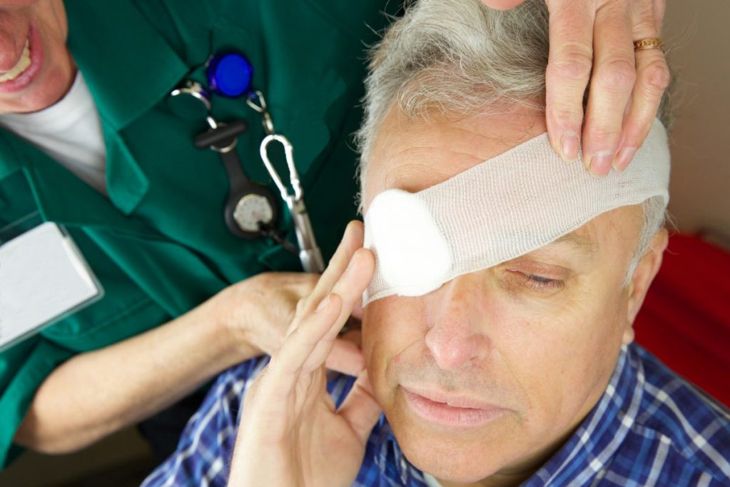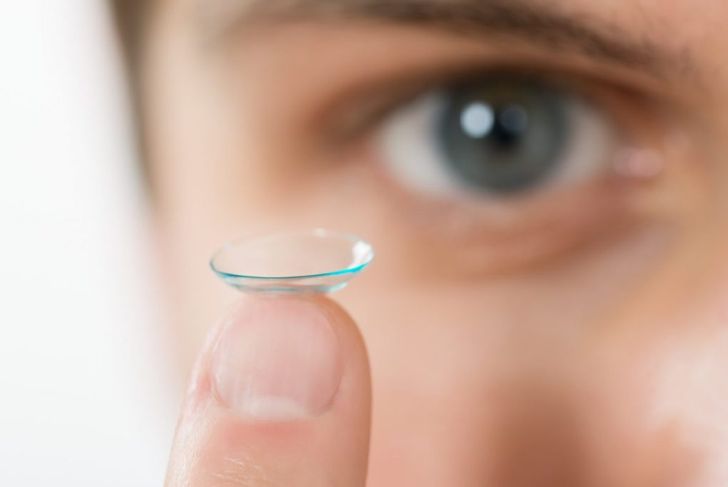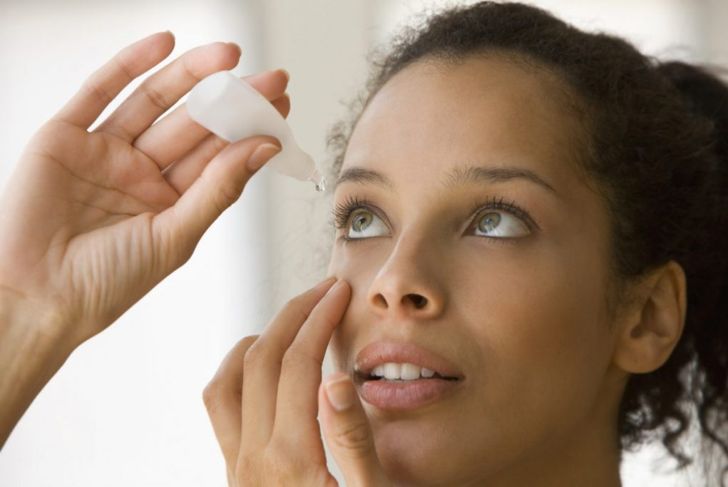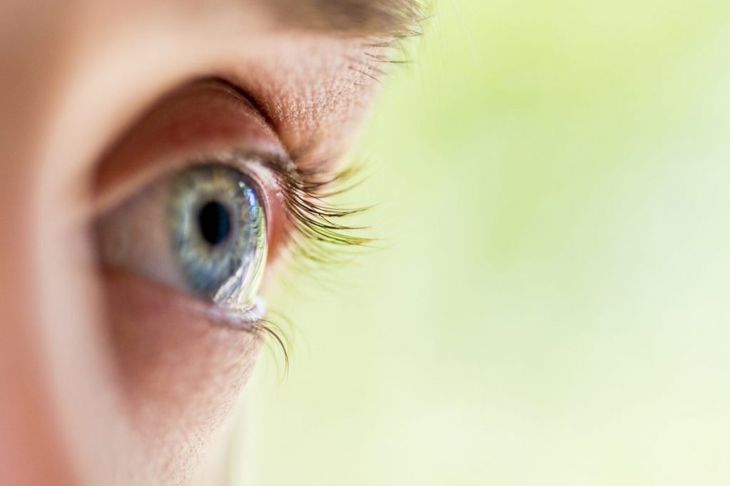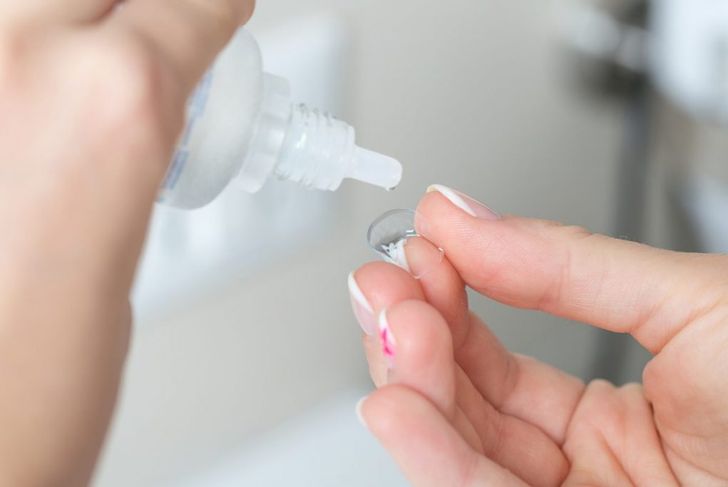Keratitis is a common ailment marked by inflammation of the cornea, the transparent layer forming the front of the eye. The cornea is the powerhouse of the eye. Its curved shape bends light rays, accounting for two-thirds of the eye’s total power. This thin membrane is about 0.5 millimeters thick and sits on top of an aqueous fluid. Inflammation of the cornea causes redness, pain, and blurry vision.
What are the symptoms of keratitis?
Eye redness, pain, excess tears or discharge, difficulty opening the eye due to pain or swelling, and burred or decreased vision are all symptoms of keratitis. The condition may also cause photophobia or sensitivity to light. Upon onset, keratitis may simply feel like something is in the eye though the area is clear of debris.
Can an injury cause keratitis?
Eye injury is one of the leading causes of keratitis. While an infection is a precursor to many eye disorders, keratitis can develop from an every even in the absence of infection. Additionally, a scratch or puncture to the cornea can harbor bacteria or fungi, causing the eye to become infected and increasing risk of keratitis.
How do contact lenses affect keratitis?
Contact lenses and their accompanying carrying cases are hotbeds for fungi, bacteria, and parasites. Acanthamoeba is the most prevalent microscopic parasite on contact lenses. Keratitis may present itself in two forms — infectious or noninfectious. Contaminated contact lenses may transfer the dangerous bacteria to your cornea, leading to infectious keratitis.
Can water cause keratitis?
Two separate categories of water can lead to keratitis. Chlorine and other chemicals used to treat swimming pools may irritate the eye resulting in keratitis. This is typically a minor form of the ailment and will likely heal on its own. However, water contaminated with bacteria or fungi, such as oceans, rivers, and lakes, can lead to a more severe form of keratitis.
What are some of the risk factors for keratitis?
Wearing contact lenses, particularly long-term varieties, is one of the top risk factors for developing keratitis. Reduced immunity also exposes your cornea to a greater risk of infection and inflammation. Eye injury is a risk factor for both infectious and non-infectious keratitis. The use of corticosteroid eyedrops raises the likelihood of contracting the condition, as well.
How does a warm climate affect keratitis?
Warm, humid climates harbor an ideal environment for keratitis. The lush vegetation that often grows here exacerbates the problem. Plant material may get in the eye, scratching the corneal epithelium. Chemicals released from the plant can then invade the scratch, resulting in an infection and potential keratitis.
When should you see a doctor about your keratitis?
Keratitis is often minor and could be as short-lived as a few hours. There is a good chance the cornea will heal on its own without medical intervention. However, in some instances, affected individuals should consult their physicians: if you are experiencing pain, redness, and blurry vision for more than a few hours, enquire about treatment. Delaying and allowing the condition to worsen can result in vision loss.
What are the complications of keratitis?
Chronic corneal inflammation may occur as a result of keratitis, as could corneal ulcers, swelling, and scarring on the eye. Temporary and permanent vision loss are possible complications of keratitis. Also, those suffering from keratitis may experience chronic or recurrent viral infections of the cornea. Some of these complications are treatable, but should still be examined by a doctor.
How can keratitis be prevented?
The main way to prevent keratitis is by properly caring for and disposing of your contact lenses. Daily disposable contact lenses are associated with a lower risk of keratitis than weekly or monthly options. Make sure to wash and dry your hands thoroughly before handling your contact lenses, and replace your contact lens case every six months.
How do I prevent viral outbreaks?
Another type of keratitis is viral keratitis and prevention may be possible in certain instances. If you have a cold sore or herpes outbreak, avoid touching your eyes or the area around your eyes. Avoid eyedrops unless prescribed by a specialist. Corticosteroid eye drops may increase the risk of developing keratitis. If you do develop any type of keratitis, stop using contact lenses until the eyes have fully healed.

 Home
Home Health
Health Diet & Nutrition
Diet & Nutrition Living Well
Living Well More
More
